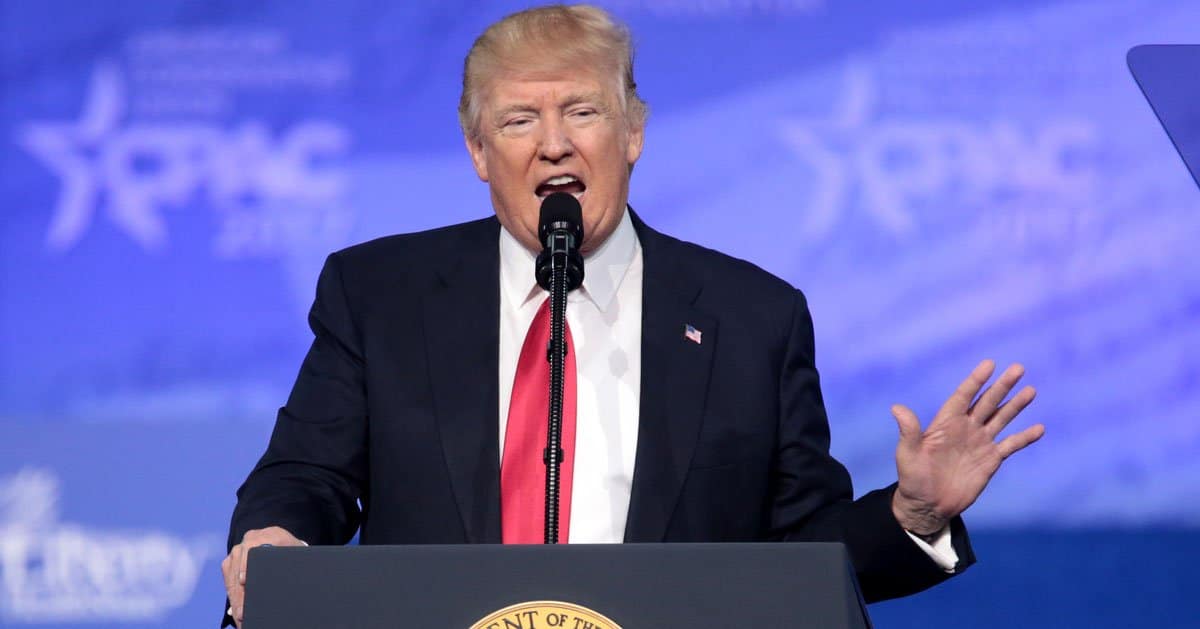








The Trump administration is pulling the plug on deportation protections for Burmese migrants, a move that’s sure to spark debate on both sides of the aisle.
In a nutshell, the administration has decided to terminate Temporary Protected Status (TPS) for over 3,600 Burmese nationals in the U.S., effective early next year, reversing a Biden-era policy meant to shield them from unsafe conditions back home.
Let’s rewind to 2021, when the Biden team first enrolled thousands of Burmese migrants in the TPS program, citing dire circumstances in their homeland.
Burma, also known as Myanmar, has been a hotbed of conflict since a military coup flipped the government upside down that same year.
According to the United Nations, over 5,000 civilians have lost their lives, and roughly 3.3 million people have been displaced due to the ensuing civil war—a heartbreaking mess by any measure.
Last year, the Biden administration doubled down, extending TPS for these migrants due to what they called extraordinary conditions preventing a safe return.
Fast forward to this week, and the Trump administration has announced a complete about-face, with the termination of TPS for Burmese nationals set to kick in on January 26, 2026.
Homeland Security Secretary Kristi Noem made the call after a review of conditions in Burma, in consultation with the Department of State, determining that the country no longer qualifies for such protections.
“The situation in Burma has improved enough that it is safe for Burmese citizens to return home, so we are terminating the Temporary Protected Status,” Noem declared at a news conference in Las Vegas on November 22, 2025.
Now, let’s unpack that claim—while it’s nice to hear about progress, one has to wonder if “safe” is the right word for a nation still reeling from such staggering displacement and loss.
The Department of Homeland Security insists that conditions have indeed gotten better, stating, “The Secretary determined that, overall, country conditions have improved to the point where Burmese citizens can return home in safety.”
Improved or not, sending folks back to a place with fresh scars of war feels like a tough pill to swallow, even if the policy is meant to prioritize American interests over extended humanitarian relief.
For context, TPS has been around since the 1990s, offering temporary legal status and work permits to migrants from regions hit by disaster or conflict—a lifeline, but never meant to be permanent.
This isn’t just about Burma, either; the Trump administration is also rolling back Biden-era TPS extensions for nationals from Somalia, Afghanistan, Venezuela, Nicaragua, Honduras, and Haiti, signaling a broader push to tighten such policies.
While the left may cry foul over this as heartless, the reality is that endless extensions can blur the line between temporary aid and de facto residency—something conservatives argue undermines the program’s intent and, frankly, national priorities.



